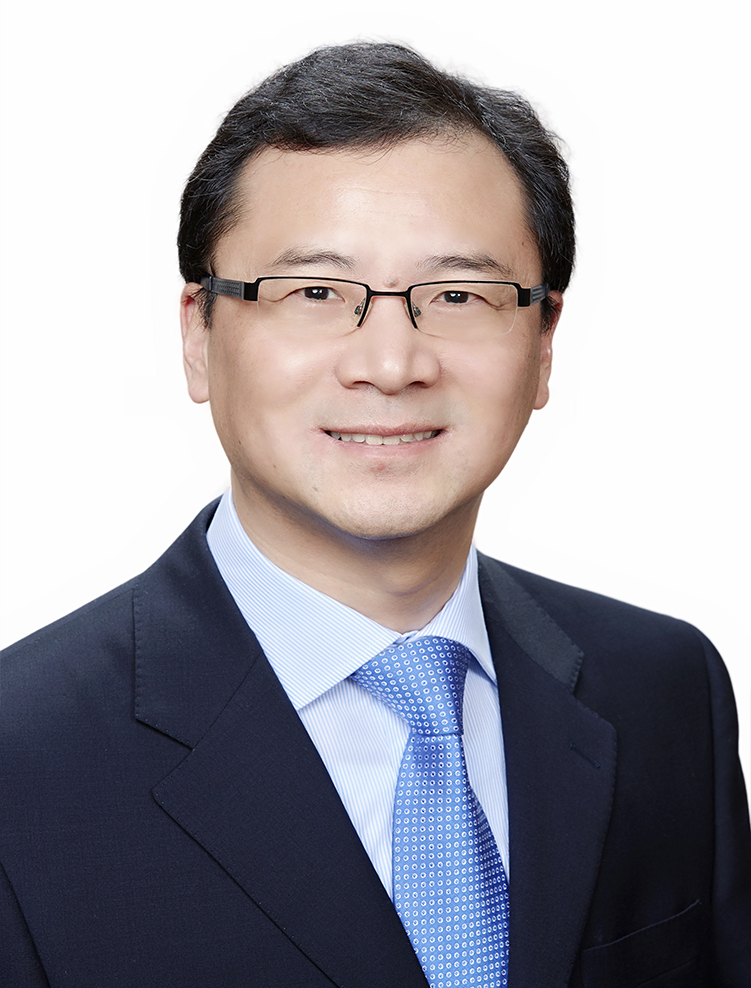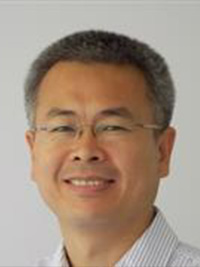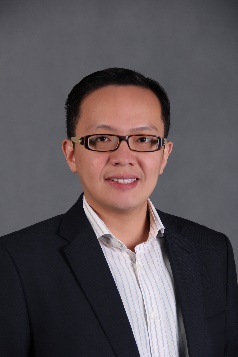|
Prof.Dan Zhang Fellow of Canadian Academy of Engineering, ASME Fellow Hong Kong Polytechnic University, HKSAR, China
|
Biography: Professor Dan Zhang is a Chair Professor of Intelligent Robotics and Automation, and Director of PolyU-Nanjing Technology and Innovation Research Institute, Director of Consortium for Intelligent Robotics Research at the Hong Kong Polytechnic University. He received his PhD in Mechanical Engineering from Laval University, Canada in 2000. He joined Ontario Tech University (OTU), Canada, as Assistant Professor in 2004 and was promoted to Associate Professor and Professor in 2006 and 2011 respectively. During the appointment period in OTU, he also served as Founding Chair in the Department of Automotive, Mechanical and Manufacturing Engineering (2012 – 2014) and was awarded the Canada Research Chair in Advanced Robotics and Automation (2009 – 2015). Since 2016, he transferred to York University, Canada as a Kaneff Professor and also took up the role of Department Chair in the Department of Mechanical Engineering from 2016 to 2018. Thereafter, he was awarded the Tier 1 York Research Chair in Advanced Robotics and Mechatronics in 2017. Professor Zhang's research interests include synthesis and optimization of parallel and hybrid mechanisms; generalized parallel mechanisms research; reconfigurable robots; innovation design of parallel robots: parallelization of serial robots; micro/nano manipulation and mems devices (e.g., sensors); rescue robots; smart biomedical instruments (e.g., exoskeleton robots and rehabilitation robotics); AI/robotics/autonomous systems; Aerial and Underwater Robotics; Artificial Intelligence for Robotics; intelligent reconfigurable adaptive landing gear and manipulator (manipulander). Professor Zhang is a well-accomplished educator and an internationally renowned expert in the areas of parallel robotic machines and their applications in manufacturing systems. His influential scientific contributions have led to novel robotic system designs and development of new comprehensive models for better understanding of globe stiffness and robotic calibrations. His research applications have tackled some of the world's most challenging problems in high dynamic performance manufacturing robotic systems. His leadership has resulted in significant contributions to the areas of robotics, mechatronics, reconfigurable/sustainable manufacturing systems and MEMS devices. His accomplishments have been recognized by many honors and awards including Canada Research Chair, Research Excellence Awards, Tier 1 York Research Chair, Lassonde Innovation Awards --- Established Researcher, Early Researcher Award by Ministry of Research and Innovation, Fellow of the Canadian Academy of Engineering (CAE), Fellow of the Engineering Institute of Canada (EIC), Fellow of the American Society of Mechanical Engineers (ASME) and Fellow of the Canadian Society for Mechanical Engineering (CSME). Professor Zhang has published 296 journal papers and 193 conference papers, 12 books, 9 book chapters and numerous other technical publications. Professor Zhang has served as a General Chair for 82 International Conferences and delivered 136 keynote speeches. Professor Zhang is listed as the World’s Top Two Percent Researchers by Stanford’s Standardized Citation Indicators in 2020, 2021, 2022, 2023 and 2024. Title: Al-Driven Robotics: Shaping the Future of Intelligent Machines Abstract: With the rapid development of technologies such as computers and artificial intelligence, we have conducted innovative designs in robotics. These innovations include dexterous hands, humanoid robot legs, one of the core components of robots: integrated joint motors, and drone landing gear, all of which have the ability to autonomously adapt to complex environments. The embodied intelligence's perception, learning, and decision-making capabilities endow these robots with stronger execution abilities. The deep integration of these aspects will propel robots from "passive execution" to "active adaptation." This presentation will introduce the achievements of our laboratory in the fields of technological innovation and application, including the development of several innovative products, mainly humanoid robots and their key components — the development of integrated joint motors, ankle rehabilitation robots, and landing gear robots.
|
|
Prof. Haiping Du University of Wollongong, Australia
|
Biography: Haiping Du received the PhD degree in mechanical design and theory from Shanghai Jiao Tong University, Shanghai, China, in 2002. He was a Research Fellow with the University of Technology, Sydney, from 2005 to 2009, and was a Postdoctoral Research Associate with Imperial College London from 2004 to 2005 and the University of Hong Kong from 2002 to 2003. He has been a Professor at the School of Electrical, Computer and Telecommunications Engineering, University of Wollongong, Australia, since 2016. He is a Subject Editor of the Journal of Franklin Institute, an Associate Editor of IEEE Transactions on Industrial Electronics and IEEE Control Systems Society Conference, an Editorial Board Member for some international journals, such as Journal of Sound and Vibration, IMechE Journal of Systems and Control Engineering, Journal of Low Frequency Noise, Vibration and Active Control, and a Guest Editor of IEEE Transactions on Mechatronics, IET Control Theory and Application, IET Intelligent Transportation Systems, Mechatronics, Advances in Mechanical Engineering, etc.His research interests include vibration control, vehicle dynamics and control systems, robust control theory and engineering applications, electric vehicles, robotics and automation, smart materials and structures. Title: From Electromagnetic to Electrically Interconnected: Intelligent Suspension Control for Future Mobility Abstract: Electrically Interconnected Suspension (EIS) systems represent a paradigm shift in vehicle dynamics and ride control. By leveraging electrical energy transfer between suspension units, EIS enables force balancing, improved energy efficiency, and enhanced ride comfort without the complexity of hydraulic circuits. Building on recent research in controllable electromagnetic dampers and interconnected suspension systems, this keynote will explore the principles and advantages of EIS compared to traditional and hydraulically interconnected systems. Key topics include the working principle of controllable electromagnetic dampers, EIS architecture, electrical network design, and advanced suspension control algorithms. Intelligent control strategies will be discussed, drawing on experimental and simulation studies from our published work. These studies demonstrate how EIS contributes to next-generation mobility, supporting autonomous driving and sustainable transportation. Finally, future research directions will be highlighted, focusing on cooperative control for connected vehicles and the role of EIS in electrified platforms.
|
|
Prof. Yifan Chen IEEE Fellow University of Electronic Science and Technology of China, China |
Biography: Dr. Yifan Chen is a Distinguished Professor in the School of Life Science and Technology, University of Electronic Science and Technology of China. He received the B.Eng. (Hons. I) and Ph.D. degrees in electrical and electronic engineering from Nanyang Technological University, Singapore. He has held various academic and leadership positions in top-tier universities in China, New Zealand, UK, and Singapore across multiple disciplines such as electrical and electronic engineering, biomedical engineering, and computer science and engineering. He is a Fellow of Engineering New Zealand, a Fellow of The Institution of Engineering and Technology, UK, and a Fellow of European Alliance for Innovation. He is a Senior Editor/Associate Editor/Guest Editor for several cross-disciplinary journals such as IEEE Transactions on Nanobioscience, IEEE Transactions on Molecular, Biological, and Multi-Scale Communications, IEEE Journal of Electromagnetics, RF and Microwaves in Medicine and Biology, IEEE Open Journal of Antennas and Propagation, and IEEE Journal of Biomedical and Health Informatics. His current research interests include in vivo computation where computing meets bio-sensing, molecular and biological communications where communicating meets bio-transporting, and electromagnetic biomedicine where RF sensing meets bio-imaging. His research has received media coverage from IEEE Spectrum, IET, Engineering New Zealand, The New Zealand Herald, etc. Title: Computational Nanobiosensing Abstract: We will present the emerging field of computational nanobiosensing (CONA), where agile searching strategies to manipulate swarms of externally controllable or autonomous nanorobots are proposed to improve the success rate of tumor sensing by orders of magnitude. In the case of externally manipulable nanorobots, an external system can be used to probe the tumor microenvironment by analyzing the observable characteristics of these nanorobots, such as their trajectories and vitality during their interaction with tumor-induced biological gradients such as temperature, pH, and enzymatic activity; the biological gradient field (BGF) can be utilized by the external system to guide the steering of nanorobots towards the prospective target location via the shortest possible physiological routes and with minimum systemic exposure. On the other hand, in the case of autonomous nanorobots, the BGF can stimulate nanorobots to undergo morphological changes. Such deformation of nanorobots, along with their socializing ability, could be used to achieve autonomous tumor homing, where millions of nanorobots move collectively and search for a tumor autonomously. The CONA framework has a great potential in improving the performance of early tumor diagnosis and targeted drug delivery, which may potentially revolutionize the existing nanomedicines practice.
|
AIACT Past Speakers
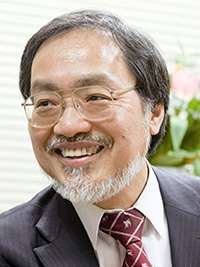 |
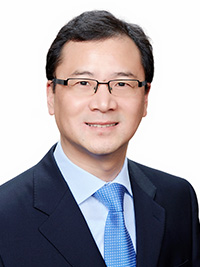 |
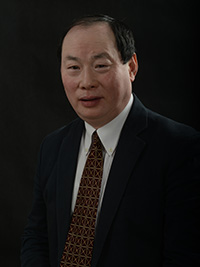 |
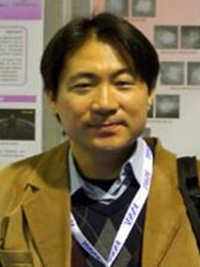 |
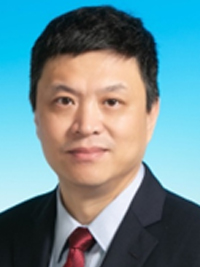 |
Prof. Toshio Fukuda Meijo University,Japan |
Prof. Dan Zhang Hong Kong Polytechnic University, HKSAR, China
|
Prof. Feng Gao Shanghai Jiaotong University, China
|
Prof. Kenji Suzuki Tokyo Institute of Technology, Japan |
Prof. Fumin Zhang Hong Kong University of Science and Technology, HKSAR, China |
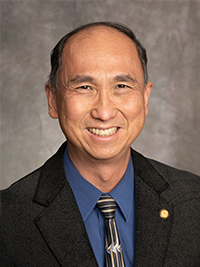 |
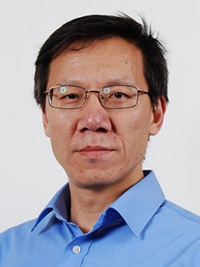 |
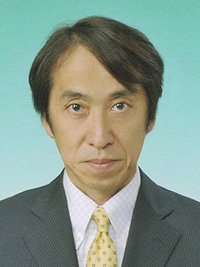 |
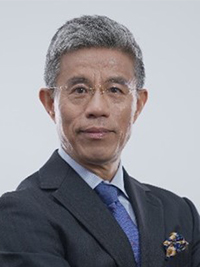 |
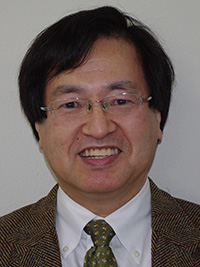 |
Prof. Edwin K. P. Chong Colorado State University, USA
|
Prof. Hujun Yin The University of Manchester, UK
|
Prof. Makoto Iwasaki Nagoya Institute of Technology, Japan |
Prof. Shugen Ma The Hong Kong University of Science and Technology (Guangzhou), China |
Prof. Makoto Kaneko Osaka University, Japan |
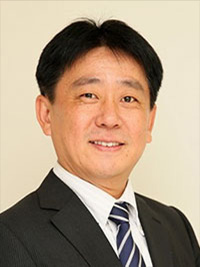 |
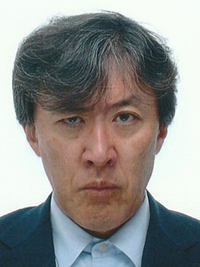 |
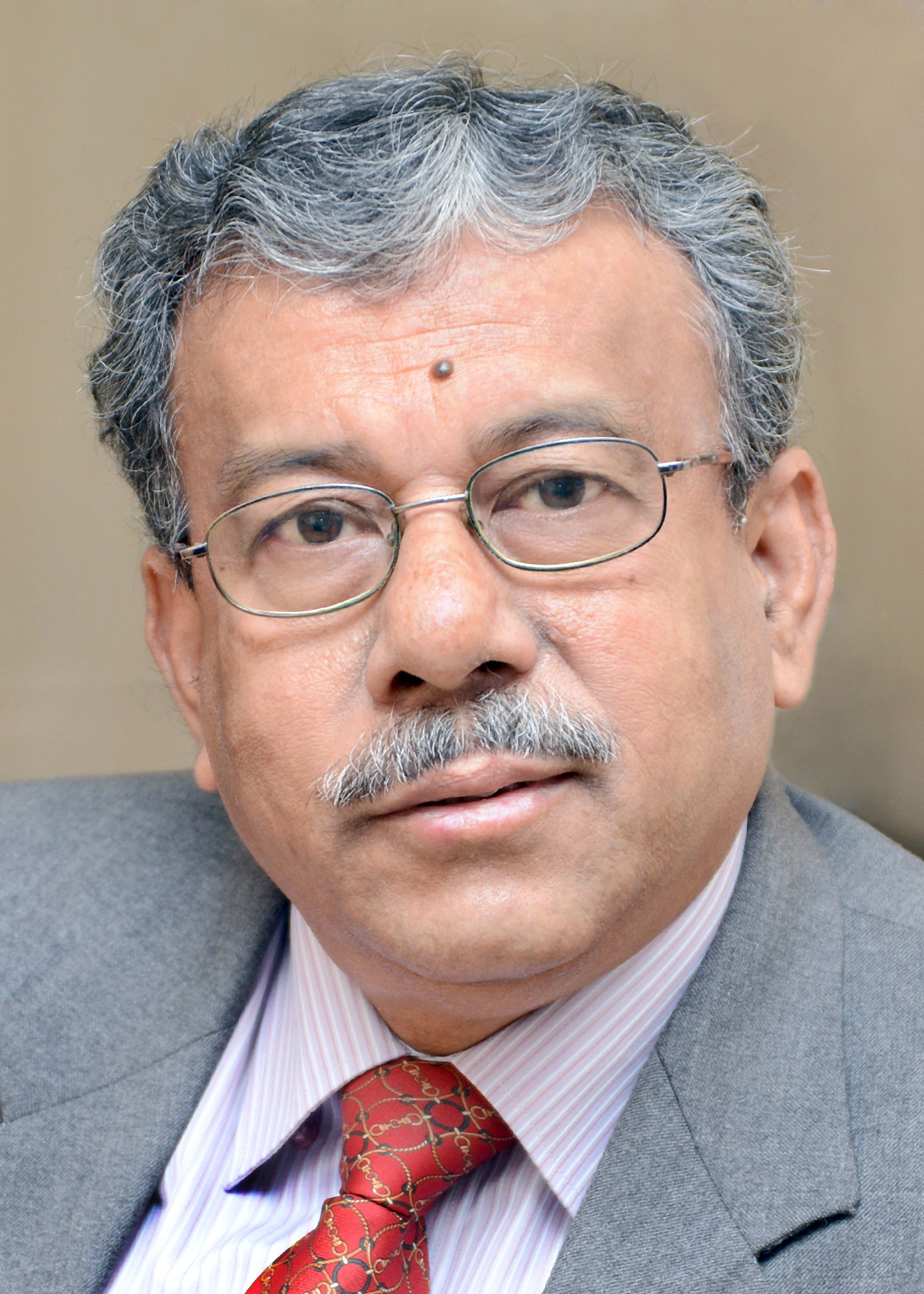 |
 |
 |
Prof. Zhidong Wang Chiba Institute of Technology, Japan |
Prof. Chiharu Ishii Hosei University, Japan |
Prof. Sankar K. Pal Indian Statistical Institute, India |
Prof. Wei Gao University of New South Wales (Sydney), Australia |
Prof. Graziano Chesi The University of Hong Kong, HKSAR, China |
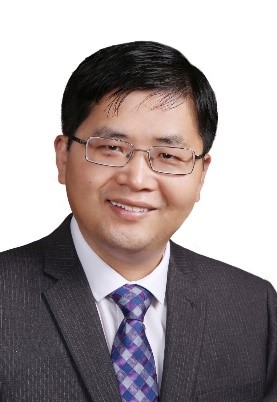 |
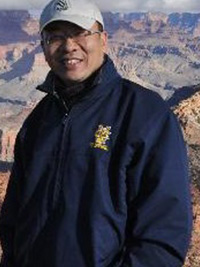 |
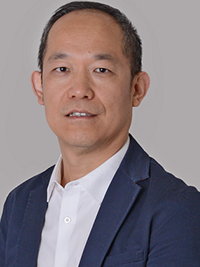 |
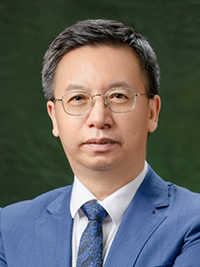 |
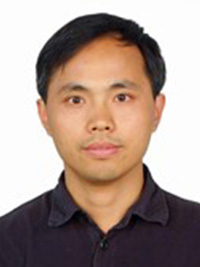 |
Prof. Haibin DUAN Beihang University, China |
Prof. Sheng Guo Beijing Jiaotong University, China
|
Prof. Wenqiang Zhang Fudan Univeristy, China |
Prof. Hongliu Yu University of Shanghai for Science and Technology, China |
Prof. Jinsong Bao Donghua University, China |
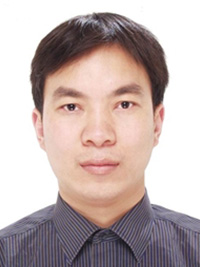 |
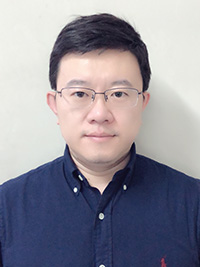 |
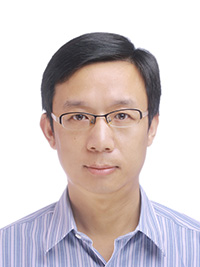 |
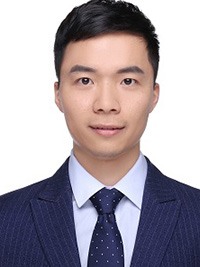 |
|
Prof. Songyi Dian Sichuan University, China |
Prof. Wei Dong Harbin Institute of Technology, China |
Prof. Bin He Shanghai University, China |
Dr. Haijun Shan Zhejiang Lab, China |
 |
 |
Prof. Toshio Fukuda Meijo University,Japan |
Prof. Dan Zhang Hong Kong Polytechnic University, HKSAR, China
|
 |
 |
Prof. Feng Gao Shanghai Jiaotong University, China
|
Prof. Kenji Suzuki Tokyo Institute of Technology, Japan |
 |
 |
Prof. Fumin Zhang Hong Kong University of Science and Technology, HKSAR, China |
Prof. Edwin K. P. Chong Colorado State University, USA
|
 |
 |
Prof. Hujun Yin The University of Manchester, UK
|
Prof. Makoto Iwasaki Nagoya Institute of Technology, Japan |
 |
 |
Prof. Shugen Ma The Hong Kong University of Science and Technology (Guangzhou), China |
Prof. Makoto Kaneko Osaka University, Japan |
 |
 |
Prof. ZhiDong Wang Chiba Institute of Technology, Japan |
Prof. Chiharu Ishii Hosei University, Japan |
 |
 |
Prof. Sankar K. Pal Indian Statistical Institute, India |
Prof. Wei Gao University of New South Wales (Sydney), Australia |
 |
 |
Prof. Graziano Chesi The University of Hong Kong, HKSAR, China |
Prof. Haibin DUAN Beihang University, China |
 |
 |
Prof. Sheng Guo Beijing Jiaotong University, China
|
Prof. Wenqiang Zhang Fudan Univeristy, China |
 |
 |
Prof. Hongliu Yu University of Shanghai for Science and Technology, China |
Prof. Jinsong Bao Donghua University, China |
 |
 |
Prof. Songyi Dian Sichuan University, China |
Prof. Wei Dong Harbin Institute of Technology, China |
 |
 |
Prof. Bin He Shanghai University, China |
Dr. Haijun Shan Zhejiang Lab, China |
